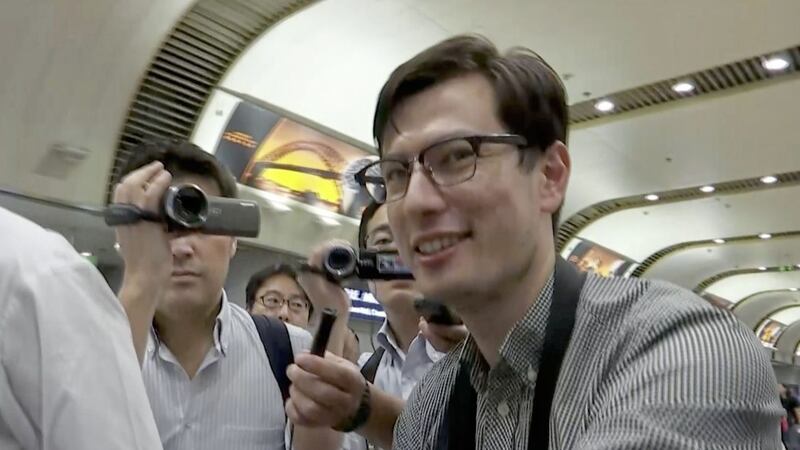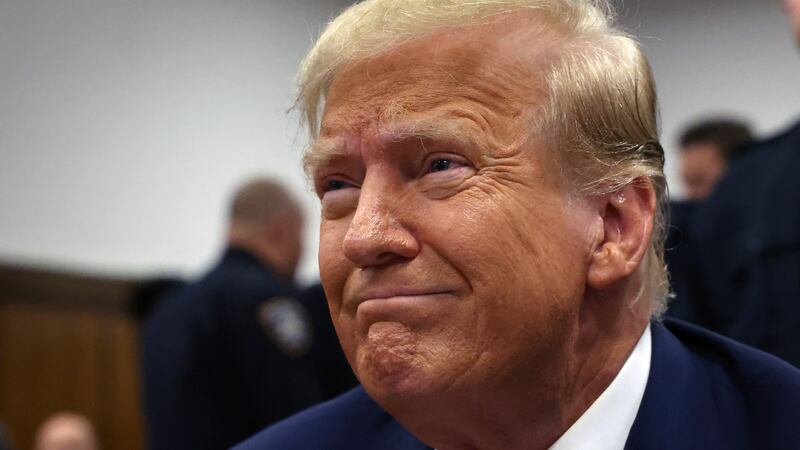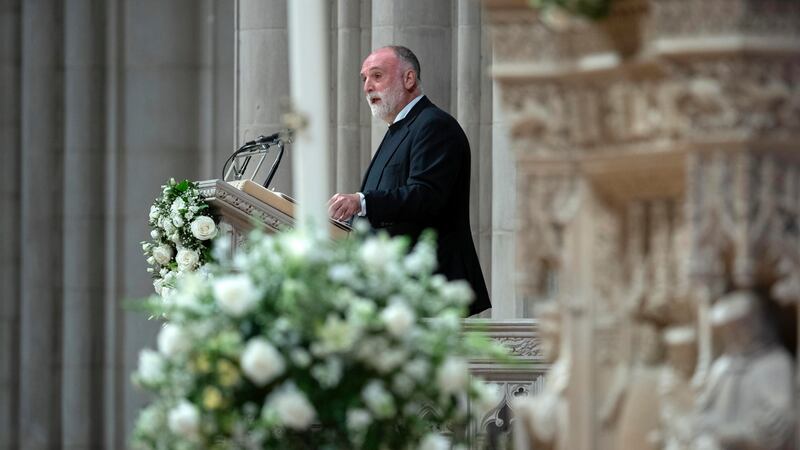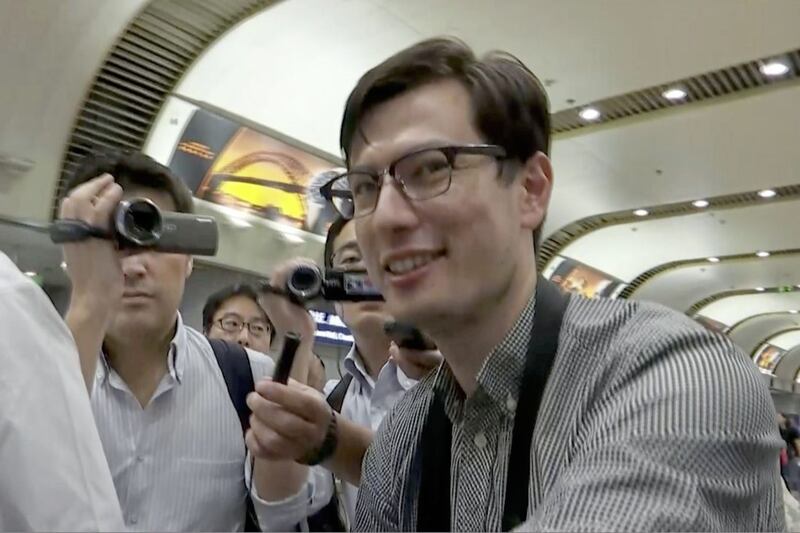An Australian student released after a week in detention in North Korea said he was feeling "very good" as he arrived in Beijing.
Australian prime minister Scott Morrison announced to parliament that Alek Sigley (29) had been released following intervention from Swedish diplomats on Wednesday, and had been taken to the Australian Embassy in the Chinese capital.
Mr Sigley looked relaxed when he arrived at Beijing airport. He did not respond to reporters' questions about what had happened to him in Pyongyang.
"I'm OK, I'm OK, I'm good. I'm very good," he said.
His father Gary Sigley said his son would soon be reunited with his Japanese wife Yuka Morinaga in Tokyo.
"He's fine. He's in very good spirits. He's been treated well," the father said in his hometown of Perth.
To cheers in parliament, Mr Morrison had said: "Alek is safe and well. Swedish authorities advised the Australian government that they met with senior officials from the DPRK yesterday and raised the issue of Alek's disappearance on Australia's behalf."
Mr Morrison thanked Swedish authorities for "their invaluable assistance in securing Alek's prompt release".
His announcement was the first confirmation that Mr Sigley had been detained.
The Pyongyang university student and tour guide had been out of contact with family and friends in Japan and Australia since Tuesday last week.
He had been active on social media about his experiences in North Korea and had boasted about the extraordinary freedom he had been allowed as one of the few foreign students living in Pyongyang.
His friend and fellow student of North Korea Bronwyn Dalton said: "He's a fine, young, emerging Asian scholar, he is very applied to his studies. I really doubted whether he did actually anything wrong by the regime."



